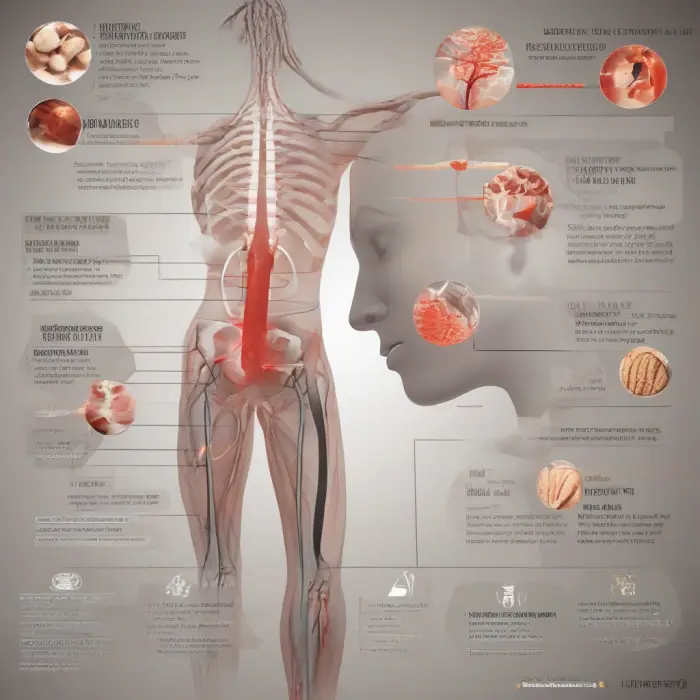The Impact of Social Connections on Mental and Emotional Well-being
Research has increasingly highlighted the significant role played by social connections in influencing the mental and emotional well-being of people. These connections, extending from family relationships to friendships and community ties, provide emotional support, practical help, and a sense of belonging that is crucial for mental health.
Emotional Well-being
Social connections contribute significantly to emotional well-being by fostering a sense of understanding, empathy, and shared experience. When people connect with others at emotional and intellectual levels, they feel heard, understood, and validated. This recognition empowers them, uplifting their mood, fostering emotional resilience, and overall, enhancing their emotional health.
One study showed that people who reported having a strong network of friends were found to have higher levels of happiness compared to those with fewer social connections. Thus, highlighting the strong link between social relationships and emotional well-being.
Mental Well-being
Influences of social connections on mental health can be seen in various forms. Healthy social connections promote psychological stability and are protective against stress, depression, and anxiety issues.
Research has shown that individuals with strong social ties show increased resilience in the face of mental health challenges. The support provided by family, friends, and the community, both emotionally and practically, acts as a buffer during difficult times, mitigating against harmful effects and supporting ongoing mental wellness.
Contrarily, social isolation, loneliness, and lack of social support have been linked with increased susceptibility to a plethora of mental health disorders, including depression, anxiety, and even several kinds of severe psychiatric disorders.
Role of Community Engagement
Community involvement and interaction also have an essential role in promoting mental and emotional well-being. Meaningful engagement in community activities and interaction with a variety of people can provide a sense of belonging, acceptance, and purpose. Being part of a community can boost self-esteem, offer avenues for mutual help, and provide much-needed connections that can improve both mental health and emotional well-being.
Conclusion
In conclusion, social connections play a vital role in promoting mental and emotional well-being. They foster shared understanding, empathy, and empathy, leading to enhanced emotional health. Similarly, they assist in promoting psychological steadiness and serve as a protective wall against mental health problems. As such, fostering and maintaining strong social ties should be made a priority in life, aiding in the journey towards maintaining a healthy and balanced mental and emotional state.
Thus, it becomes crucial for respective societies, communities, and individuals to understand the importance of promoting social connections and the devastating effects that loneliness and isolation can have on mental health. Coupled with a gradual shift away from overemphasis on material success toward holistic well-being and happiness, the importance of social connections can be put in a broader perspective.










